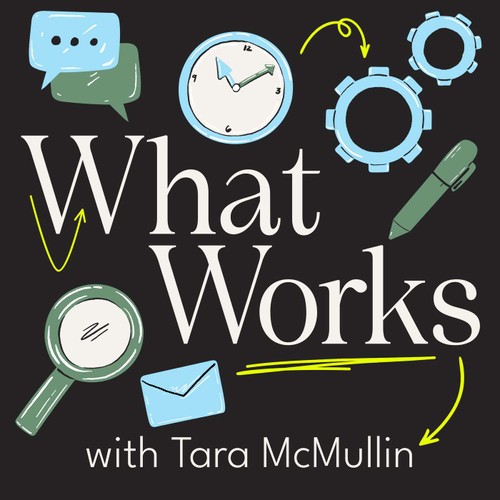There are rules you know about—and rules you don't. Some rules are written down—and other rules are "just the way things are." And there are rules that make things clear to everyone—and rules that exclude through their lack of clarity.
Charlie Gilkey is on a mission to bring those unclear rules and unspoken agreements out in the open and improve the way we work in the process. His new book, Team Habits: How Small Changes Lead to Extraordinary Results, is both a treatise on better work and a detailed manual for achieving it.
In this episode, I talk with Charlie about how what seems obvious often isn't—and how that negatively impacts our work environments. We also talk about how to start changing things for the better.
This episode is one part of my longer conversation with Charlie! You'll hear more from him in my upcoming series, Strange New Work. Coming in September!
Footnotes:
Every episode of What Works is also published in essay form and delivered in my newsletter: whatworks.fyi
Work with me: I’m teaching a 12-week training program for coaches, managers, consultants, and guides of all kinds starting in September. The program is called Work In Practice, and it’s a deep dive into the social, political, and economic systems that impact what we believe about work.
Love What Works? Support the show and help me reach more people with assumption-busting ideas about work, business, and culture by becoming a Premium Subscriber. For just $7 per month, you get access to bonus episodes, full-length interviews, and quarterly workshops—including August 24's Breaking the Self-Sabotage Cycle.
★ Support this podcast ★

 What Works
What Works 
